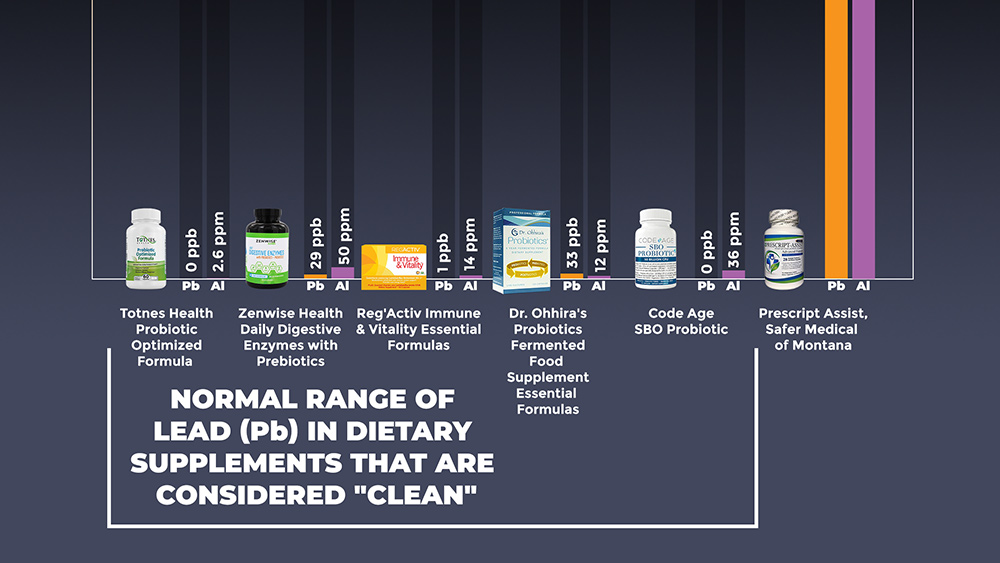Researchers use electrical stimulation to improve depression symptoms
08/20/2019 / By Edsel Cook

Patients with depression may experience improvements in their symptoms if they tried a new electricity-based stimulation therapy. Developed by North Carolina-based researchers, the transcranial alternating current stimulation (tACS) treatment applies gentle electrical stimulation to the scalp to adjust the recipient’s natural alpha brainwaves.
In a recent study, researchers from the University of North Carolina at Chapel Hill placed electrodes on the scalp of patients with depression. They then generated a mild alternating current that reached the transcranial region of the patients’ brains.
The tACS treatment improved the symptoms of depression in roughly 70 percent of the participants. This and other findings were published in the journal Translational Psychiatry.
The study involved 32 patients with depression. Each participant got evaluated for the severity of his or her condition pre-treatment.
Afterward, the researchers divided the patients into three groups. First, the sham placebo group received a brief electrical stimulus that mimicked the beginning of a real brain stimulation treatment.
Then, the control group received real tACS stimulation, although the 40-Hertz frequency of the electric current used is outside the range that can influence alpha brainwaves.
Finally, the treatment group received an electrical current measuring 10-Hertz. This frequency affects the alpha brainwaves of a person. (Related: Scalp acupuncture found to effectively reduce ASD (autism) symptoms.)
New brain stimulation technique uses alternating current instead of direct current
One session of transcranial alternating current stimulation lasted 40 minutes. Each participant went through the procedure once a day for five days straight.

|
Discover how to prevent and reverse heart disease (and other cardio related events) with this free ebook: Written by popular Natural News writer Vicki Batt, this book includes everything you need to know about preventing heart disease, reversing hypertension, and nurturing your cardiac health without medication. Learn More. |
Immediately after the fifth day of treatment, the patients got surveyed using a depression rating scale. Follow-up analyses of their symptoms took place on the 14th day and the 28th day.
Carolina researcher Dr. Flavio Frohlich led the study. He pioneered the use of tACS in clinical trials involving patients with schizophrenia and chronic pain.
His brain stimulation technique differs from the more commonly used transcranial direct stimulation (tDCS). In tDCS, electrodes are attached to different parts of the brain and a steady stream of weak electricity is sent through them.
tDCS has had mixed results in previous experiments involving patients with depression and other mental conditions. In contrast, the much newer tACS is still undergoing investigation.
tACS targets the unique alpha brainwaves of a patient. On an electroencephalogram (EEG), these oscillations cover a range of frequencies from eight to 12 Hertz. Alpha brainwaves increase whenever a person shuts his eyes and daydreams, meditates, or comes up with an idea.
Can transcranial alternating current stimulation help patients with depression?
Earlier studies reported that patients with depression exhibit overactive alpha brainwaves in their brains’ left frontal cortex. Frolich hypothesized that he and his team could improve depression symptoms by adjusting the imbalanced oscillations to match the normal ones in the right frontal cortex.
In their study, participants who received 10-Hertz tACS treatment displayed reduced alpha brainwave oscillations in their left frontal cortex. Frohlich reported that those oscillations were brought back in sync by the treatment.
Analysis of data from the follow-up investigation two weeks after treatment showed that 70 percent of the treated patients reported at least a 50 percent reduction of their depression symptoms. Several participants made such significant recoveries that the Carolina researchers used their data as case studies.
“When we started this research with computer simulations and preclinical studies, it was unclear if we would see an effect in people days after tACS treatment, let alone if tACS could become a treatment for psychiatric illnesses,” explained Frolich.
“So, the fact that we’ve seen such positive results from this study gives me confidence our approach could help many people with depression.”
Sources include:
Tagged Under: alpha brainwaves, alternative medicine, beatdepression, Brain, brain function, brain health, brain stimulation therapy, breakthrough, depression, discovery, disease treatments, electrical stimulation, future science, innovations, mental health, natural cures, natural medicine, prevention, research, science and technology, transcranial brain stimulation

















